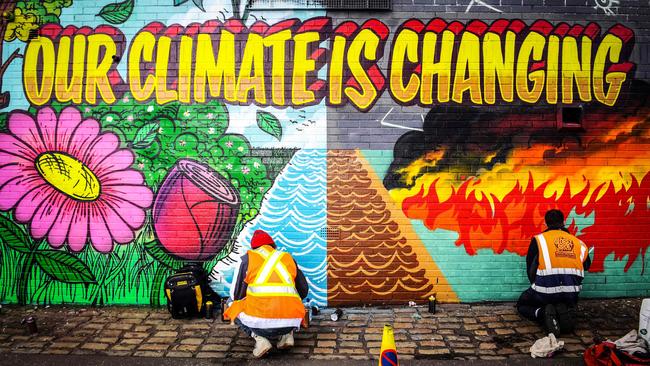
Scott Morrison has been ducking the Green Reaper for years, but his time is up. There is a net-zero target on his head and globalist big guns are taking aim ahead of the UN’s climate summit in Glasgow. The carping class was delighted when climate guru Prince Charles emitted a grunt of dissatisfaction upon learning that Morrison might not attend the event. In a titillating BBC interview about the conversion of his Aston Martin from a gas guzzler to whey muncher, the prince described the climate meet as a “last chance saloon”. Glasgow has been called worse.
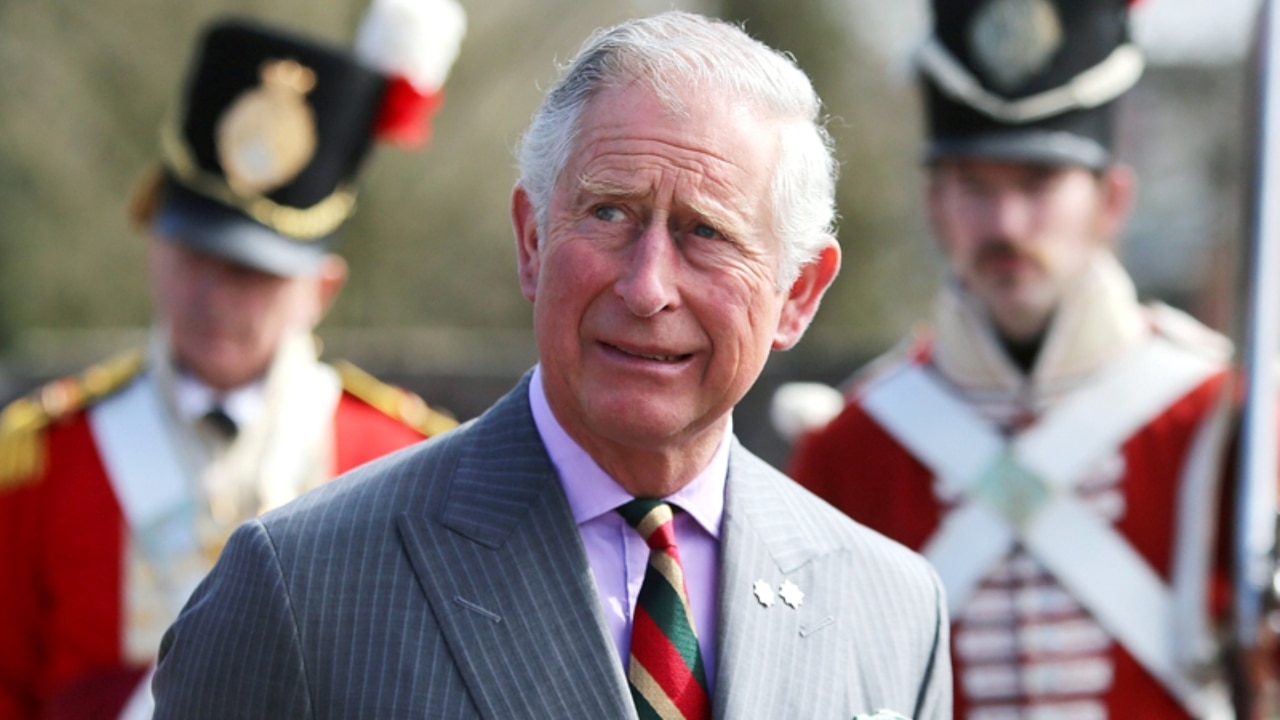
The Liberal Party’s embrace of the net-zero emissions by 2050 target represents a significant departure from the approach it took to the last election. That is the reason it so unsettles the base. The fault lines run through several philosophical positions that differentiate the Liberal Party from its various opponents. The net-zero goal is globalist, idealist and celebrated by elites in the political media class. That does not make it wrong, but it does represent a voting bloc far removed from the one that got the Liberal-Nationals Coalition over the line at the last election.
Morrison attributed the shock win in 2019 to a group he called the Quiet Australians. In a post-election interview, the ABC went on an expedition to find some QAs in their natural habitat. In rural Queensland, it came across Therese, a middle-aged woman with some dogs, kids, chooks and a husband working a fly-in, fly-out job. She described the moment her vote swung against Labor: “The clincher for me was when Shorten stood beside the electric car and started carrying on about (them). It was just idiotic.”
Morrison famously quipped that Shorten would “end the weekend” with his plans for EVs to comprise 50 per cent of new car sales by 2030. Some consider his late enthusiasm for the net-zero target as hypocritical because of his traditional opposition to green-left climate plans. But Morrison has repeatedly said the Coalition would adopt higher emissions targets only when technology was sufficiently advanced that environmental goals would not demand the destruction of the national economy.
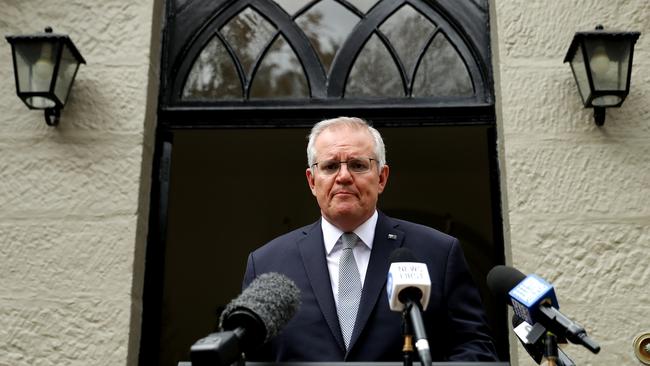
In a parliamentary debate with Shorten in 2018, the PM drew a distinction between the Liberal and Labor approaches to climate change. Shorten asked why he had junked Turnbull’s National Energy Guarantee policy. Morrison responded that the government was focusing on reducing energy prices by ensuring big companies contracted reliable energy supply. When Shorten rephrased the question, the PM quoted the Business Council to characterise the Labor approach to emissions reduction “economy-wrecking”. He criticised the opposition for having adopted the net zero by 2050 target without “a credible plan that protects economic growth”.
Morrison has consistently taken the position that climate policy must not compromise national prosperity. The Coalition would only accept a green new deal if technological advances made it profitable for the country and affordable for the silent majority. Speaking to the media on Friday, the PM said the question is no longer “if” but “how”. When the government announces its climate plan ahead of the UN summit, expect an economic pitch to middle Australia with a sugar hit for the regions.
For many, the introduction of a bipartisan federal approach to reducing emissions to net zero is a foregone conclusion. But for the party that has governed Australia since 2013, the political stakes are high. The Nationals have presented the greatest opposition thus far because of the risk the UN target poses to their support in rural and regional areas. Conservatives and classical liberals are concerned because they are averse to green ideology, sovereign submission to supranational power, big government and the extraordinary debt Australia has accumulated.
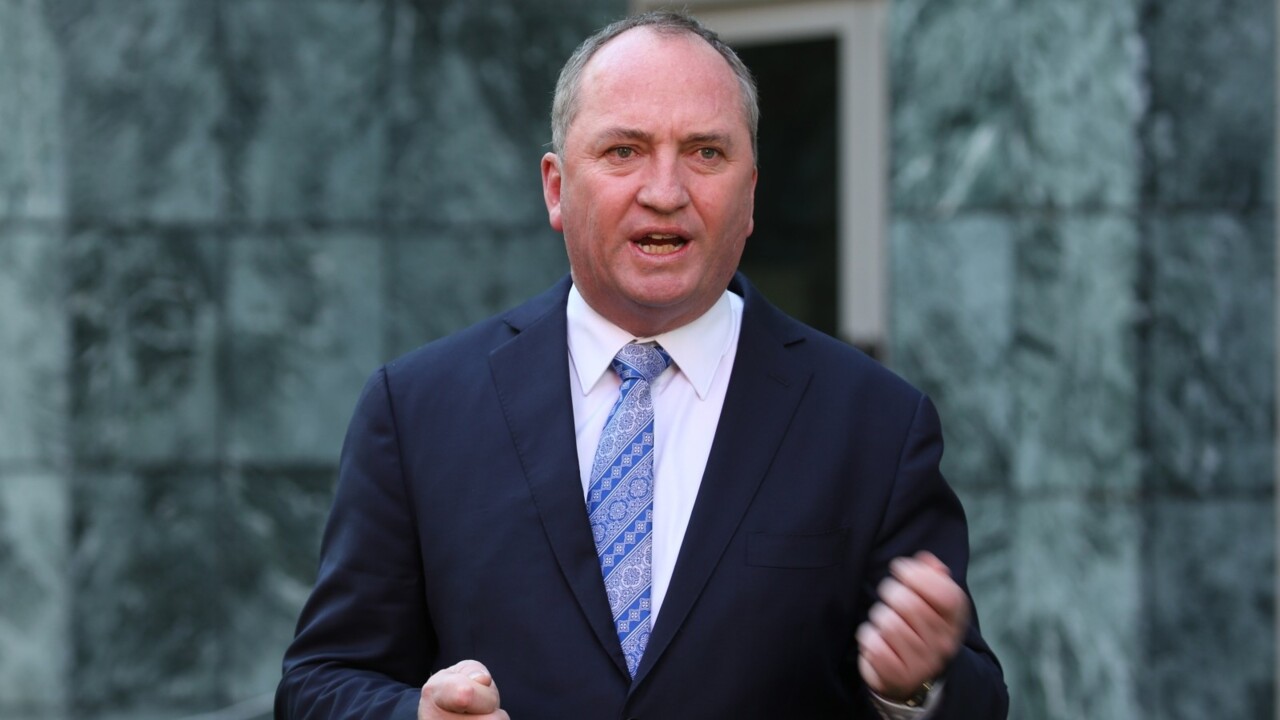
It is clear the Liberal Party has done too little to prepare its base for a significant shift in its position not only in respect of climate change but globalism and fiscal conservatism. There is a real risk it will be perceived as Labor lite.
However, Morrison has never concealed his preference for internationalist policy. He believes in big immigration, open markets, a rules-based international order and multilateral power. But the finer detail of his beliefs should not be overlooked. He believes the preservation of open society requires skilled immigration and secure borders with strong vetting of applicants. He supports the free flow of capital and thus demands countries found gaming the system, such as China, are held to account. Recall him arguing China should lose its developing nation status and the benefits that accrue from it. He supports multilateral governance in the pursuit of liberal democratic aims and uses forums such as the World Health Organisation to admonish countries that violate the rules-based order. Remember he led the charge for an independent investigation into the origins of Covid-19 in China.
It is understandable the Liberal Party’s endorsement of UN climate plans is considered a departure from its philosophical roots. We could also entertain the possibility that on the way to net zero, the PM might have found a path for Australia preferable to walking alone.




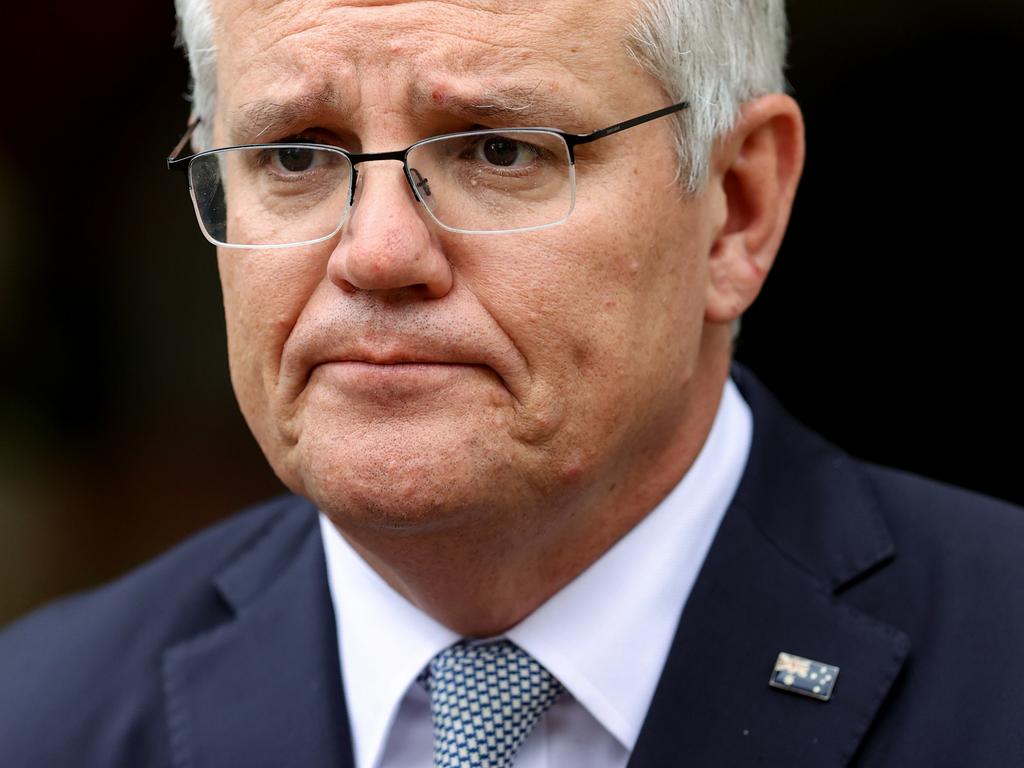
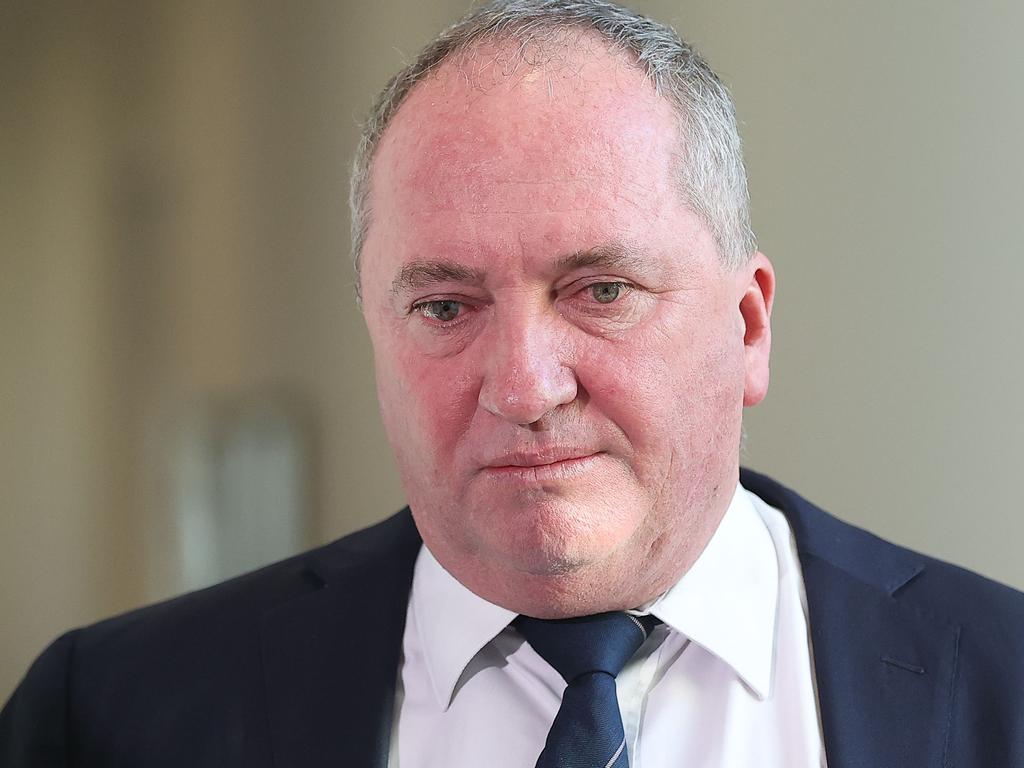


The Coalition government has embarked on a most ambitious project to persuade its base that the UN’s green revolution is a good idea. Climate change is the country where Australian prime ministers go to die. It featured in the demise of former Labor prime ministers Kevin Rudd and Julia Gillard. It sank the political career of Malcolm Turnbull twice, leading to his removal as opposition leader in 2009 and prime minister in 2018. It was the promised land for former Labor leader Bill Shorten in 2019 until it turned to dust on election day. Like all the political skeletons in Parliament House, the Liberals think they can do climate change better.